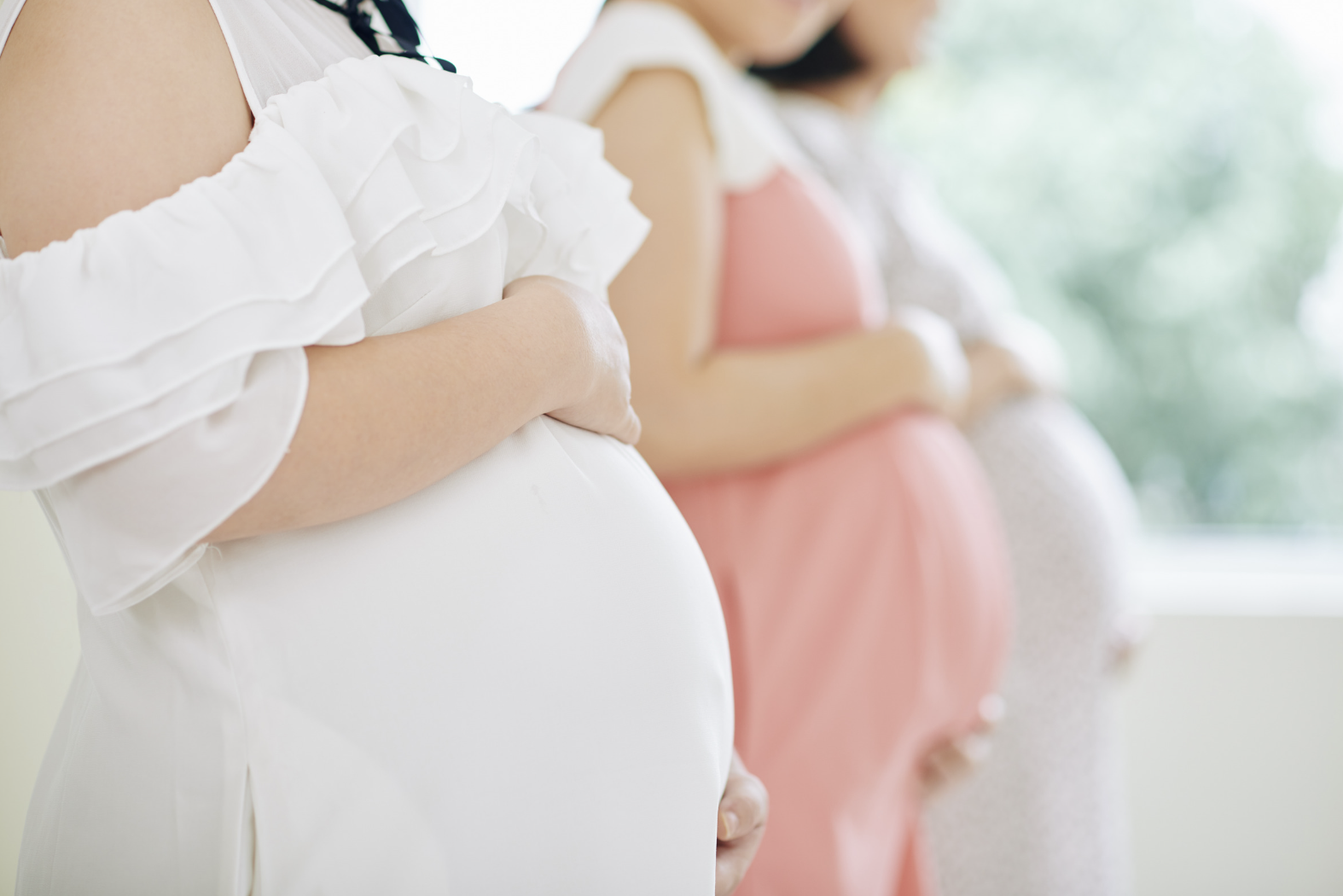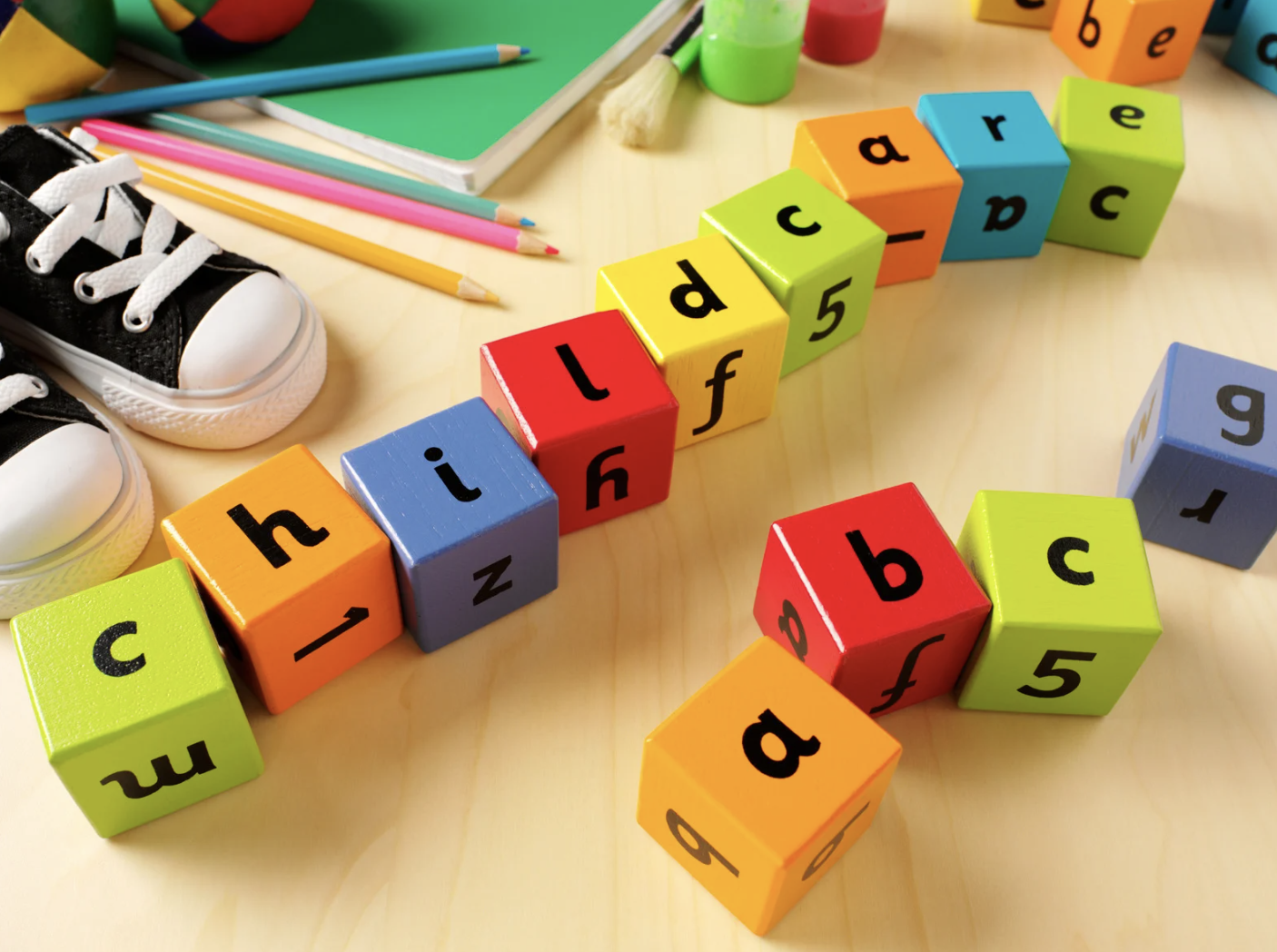Deciding when to have children is one of the most personal and impactful choices a person can make. Some become parents in their early 20s, while others wait until their 30s or 40s. Each path comes with unique advantages and challenges. Whether you’re thinking about starting a family soon or holding off for the right time, here’s a look at the pros and cons of having children young versus later in life.
Having Children at a Younger Age (Early 20s to Mid-20s)

Pros
1. More Energy and Physical Resilience
Younger parents often have more stamina to keep up with their kids, whether it’s late-night feedings, chasing toddlers, or handling the physical demands of parenting.
2. Lower Health Risks
Pregnancy in your 20s typically comes with a lower risk of complications such as gestational diabetes, preeclampsia, and chromosomal abnormalities like Down syndrome.
3. Easier Recovery from Pregnancy and Childbirth
Younger bodies often recover more quickly from pregnancy, childbirth, and postpartum changes, making it easier to bounce back physically.
4. More Time for Future Plans
Having kids early means you’ll likely be a younger empty nester, leaving you more time in your late 40s and 50s to focus on career growth, travel, or personal goals.
5. Potentially Closer Generational Gap
A smaller age difference between you and your child can sometimes lead to stronger connections and shared interests as they grow up.
Cons
1. Financial Instability
Younger parents often haven’t reached peak earning potential and may struggle with financial stability, making it harder to afford childcare, education, and other necessities.
2. Career Disruptions
Many people are still establishing their careers in their 20s. Taking time off for maternity or paternity leave may slow career progress.
3. Limited Life and Relationship Experience
Some younger parents may feel they haven’t fully explored their independence, personal growth, or life experiences before taking on the responsibilities of raising a child.
4. Social and Lifestyle Adjustments
Friends and peers may still enjoy a carefree lifestyle, making it harder to relate or maintain a social life with those who aren’t in the same stage of life.
Having Children at an Older Age (30s to 40s and Beyond)

Pros
1. Greater Financial Stability
By waiting to have children, parents often have more savings, established careers, and financial security, which can reduce stress and provide a better foundation for raising children.
2. More Life and Relationship Experience
Older parents may have had more time to travel, pursue education, or develop a stable relationship before entering parenthood, making them more emotionally prepared.
3. More Career Progression
Those who delay parenthood often have had more time to advance professionally, making it easier to step back or balance work with parenting.
4. Potential for More Emotional Maturity
With age often comes patience, wisdom, and emotional maturity, which can be beneficial for parenting challenges.
5. Stronger Sense of Self
Older parents are often more confident in their values and parenting choices, which can create a more stable environment for children.
Cons
1. Increased Health Risks
Pregnancy risks rise with age, including a higher chance of miscarriage, fertility struggles, gestational diabetes, and genetic abnormalities.
2. More Difficult Recovery from Pregnancy
The body takes longer to heal from childbirth in later years, and there may be more physical strain from sleep deprivation and parenting young children.
3. Less Energy for Young Kids
Keeping up with energetic toddlers and young children can be more exhausting as we age, making the physical demands of parenting more challenging.
4. Less Time with Grown Children
Having children later means a greater chance of being an older parent during significant life milestones, such as college graduation, marriage, or even becoming a grandparent.
5. Potential Social Gaps
Older parents may find themselves surrounded by much younger parents in their child’s social circles, which could impact friendships and a sense of belonging in parenting groups.
There’s no universally perfect time to have children—only what feels right for you. Having kids younger may be ideal if you value energy and growing alongside your child. If you prioritize financial security and life experience, waiting until your 30s or 40s might be the better choice.
Ultimately, parenthood is a journey of ups and downs at any age. No matter when you choose to start a family, embracing the experience with love, patience, and adaptability is what truly matters.
What are your thoughts? Did you have children young or later in life?


